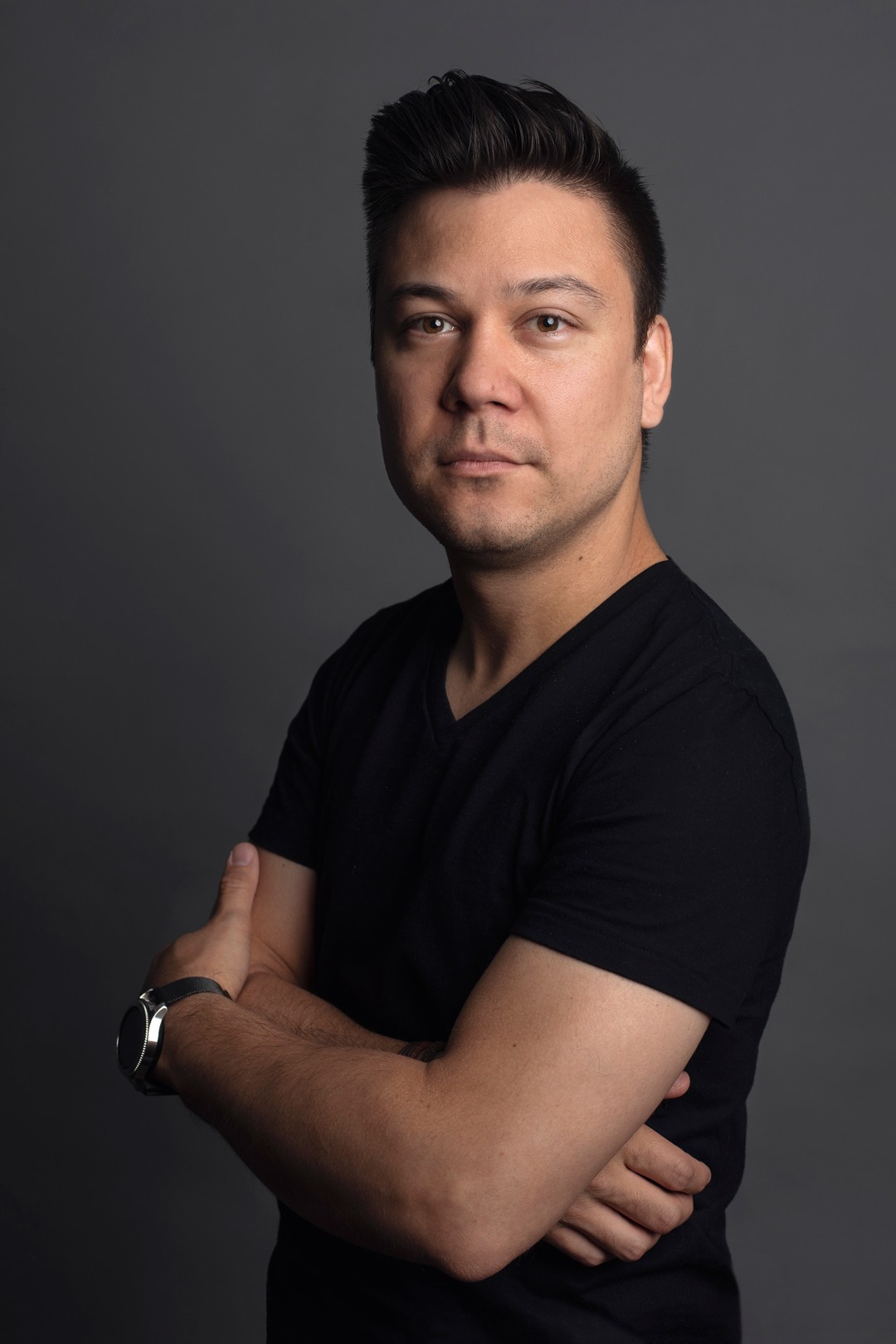We were lucky to catch up with Tim Corpus recently and have shared our conversation below.
Tim, looking forward to hearing all of your stories today. One of our favorite things to hear about is stories around the nicest thing someone has done for someone else – what’s the nicest thing someone has ever done for you?
When I first started out as a composer, I had a lot of trouble getting performances of my own compositions. There is a lot you can learn about composing from studying, but it’s hard to hone the craft without working with real live musicians.
In 2011 a composer already professionally successful in his career arranged for readings of new music by young composers. When I saw the opportunity, I reached out and asked to be involved and he excitedly accepted.
I received the recording from the reading and I learned so much about the piece I had written – the good parts and the bad parts that needed fixing.
This reading session led to me getting to know the performers, I then received funding years later to record that same piece. Once that piece was recorded it was released and received radio play on some major classical music stations. From the airplay, a conductor heard the piece and programmed it for a performance at Carnegie Hall. Even from there on, additional opportunities became available for different performances and recordings.
All of this was possible because one person decided to give me a chance. They didn’t do the work for me, they just opened the door to a single opportunity. From this experience I have learned how giving someone a chance can be the generosity they need to reach the next level in their career.
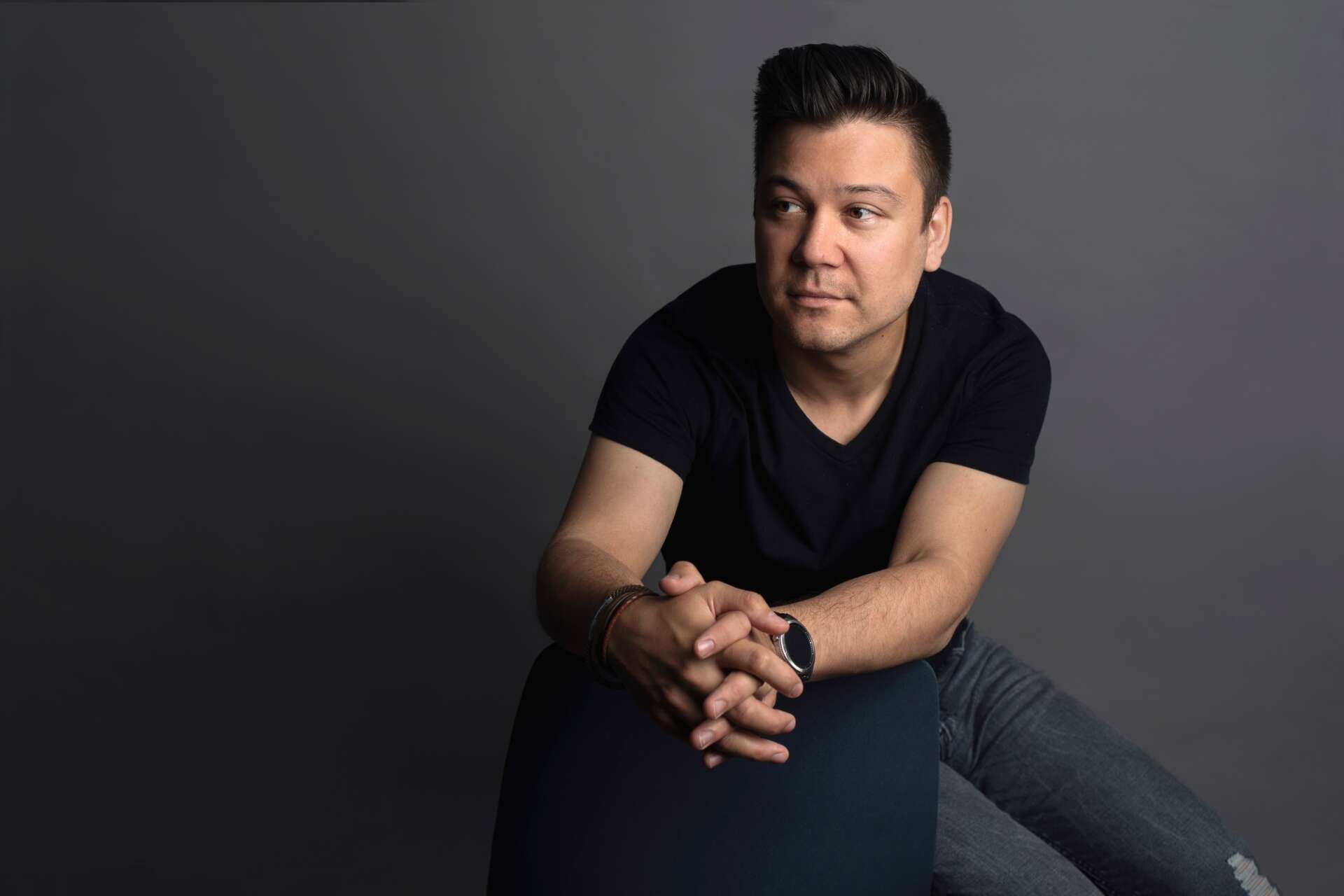
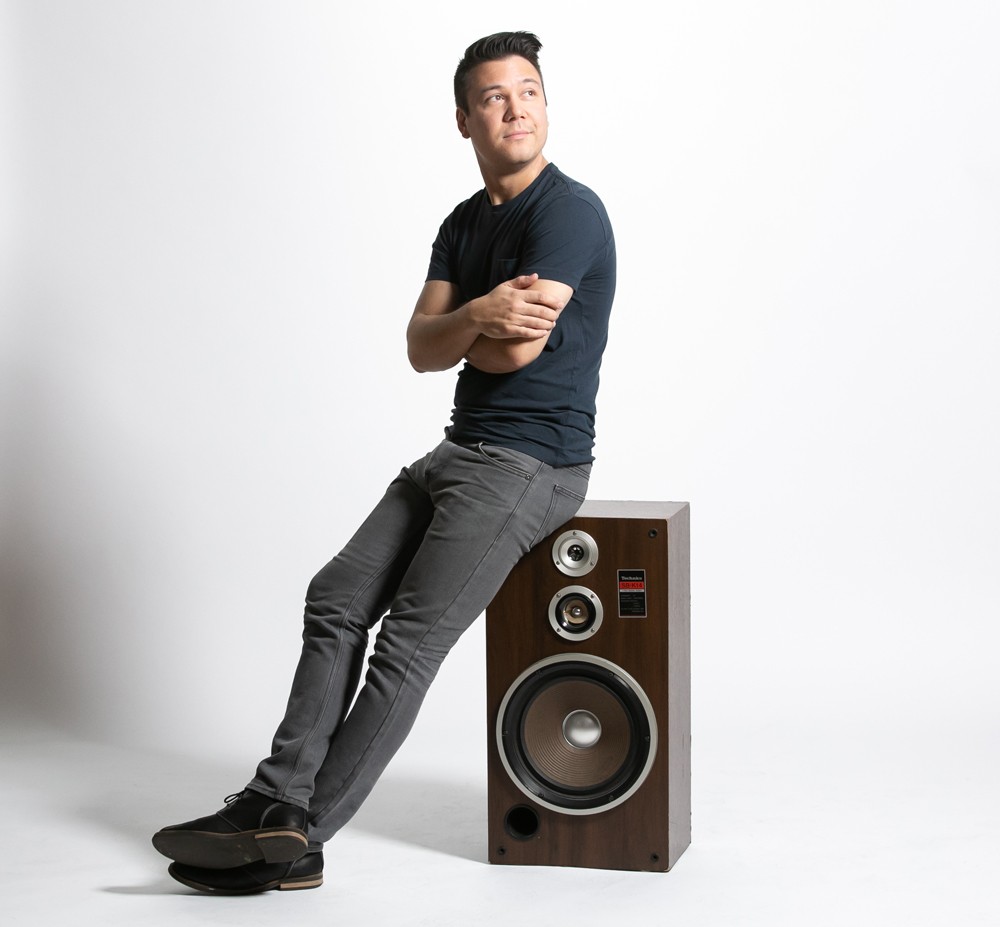
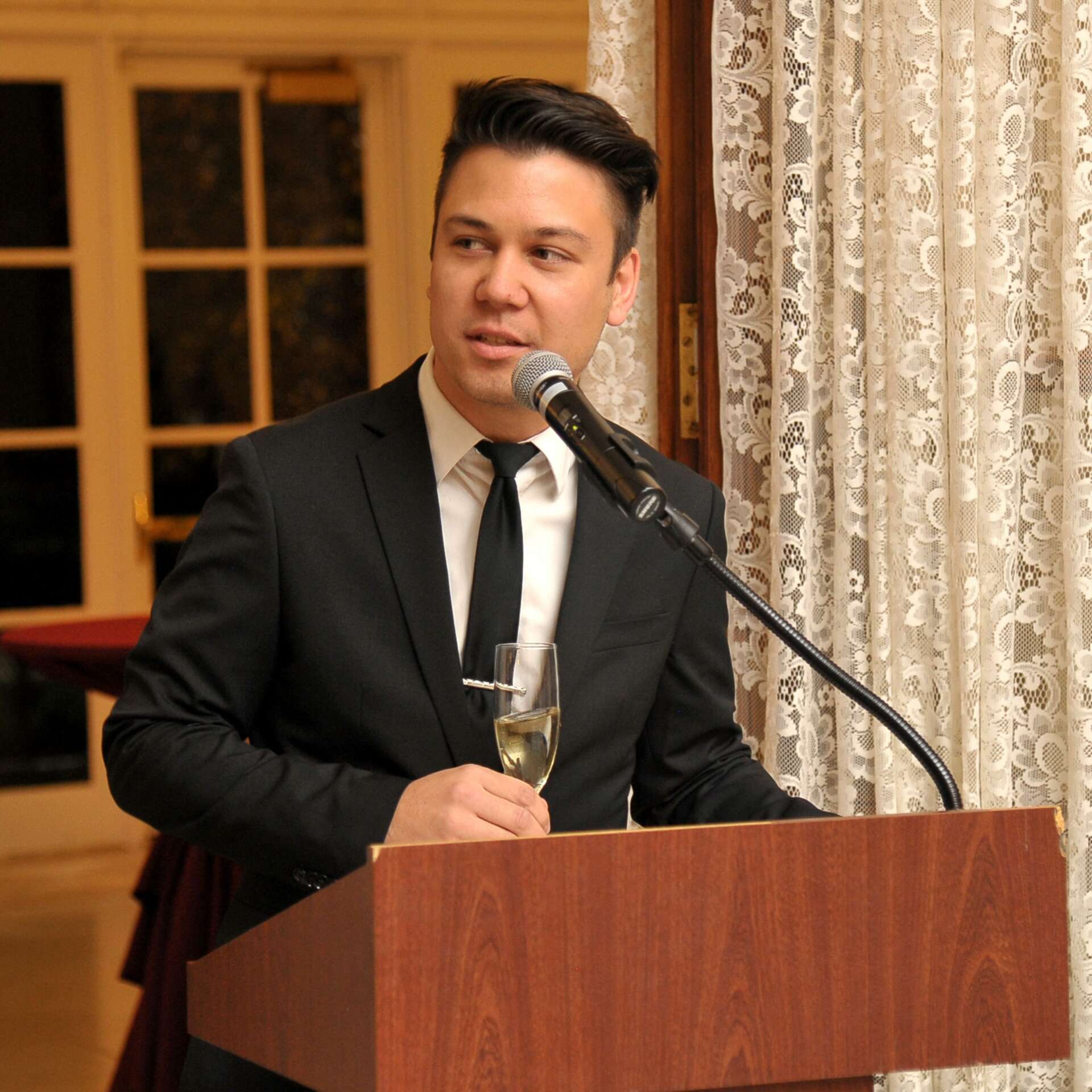
Awesome – so before we get into the rest of our questions, can you briefly introduce yourself to our readers.
My career has been extremely varied in the music industry. Right now, my focus is divided into two parts of the music industry.
1. Composing original music for film, live performance, and video games.
2. Arts consulting for arts non-profits
My music as a composer crosses many genres, depending on the project. In 2020 I started working more on video games, and have recently been attached to many short film and art film projects. As a composer I am also often an arranger or orchestrator for other composers.
As an arts consultant, I help orchestras, opera companies, and other arts organizations achieve their goals. I have worked as a production manager, executive director, Board member, and in many other capacities. From 2017-2020, I served as Executive Director of a fully-professional symphony orchestra and was laid off at the onset of the pandemic when the organization closed it’s doors. Now I am able to work part-time with multiple arts organizations including the Hyde Park Youth Symphony, Opera Festival of Chicago, and the Charlotte New Music Festival.
My career has led me to work in many different facets of the music industry. I have taught music courses at the collegiate level, worked as a production manager, performed as a percussionist in orchestras, conducted orchestras and choirs, researched and presented world music from the Philippines, all in addition to my work composing and consulting with arts organizations.
The lifestyle of switching between many different services is complicated, but it has allowed me to expand my knowledge of the industry, and work with many incredible artists.
One of the things I am most proud of in my career is that I have done so many different things. From performances of my music around the world, to negotiating orchestra contracts with the musicians union, I am proud that I am often invited to be in the room where all of the excitement happens.
How can we best help foster a strong, supportive environment for artists and creatives?
Our world has been on a trajectory to reward fast and easy work, and that is simply not the way a lot of art is created. Many creatives need the time to create, as well as the resources and support to create.
I would like to see our society embrace more than just commercialized art and directly support artists in their local communities. Organizations like Spotify use artists as content, but take the lion’s share of the revenue, leaving artists to starve. This model of supporting companies over artists is increasing the gap in which artists are exposed to audiences, and which artists can make a living.
If we don’t support local artists and arts organizations, we will be stuck with “commercial art”, that is crafted by major companies that take all of the revenue.
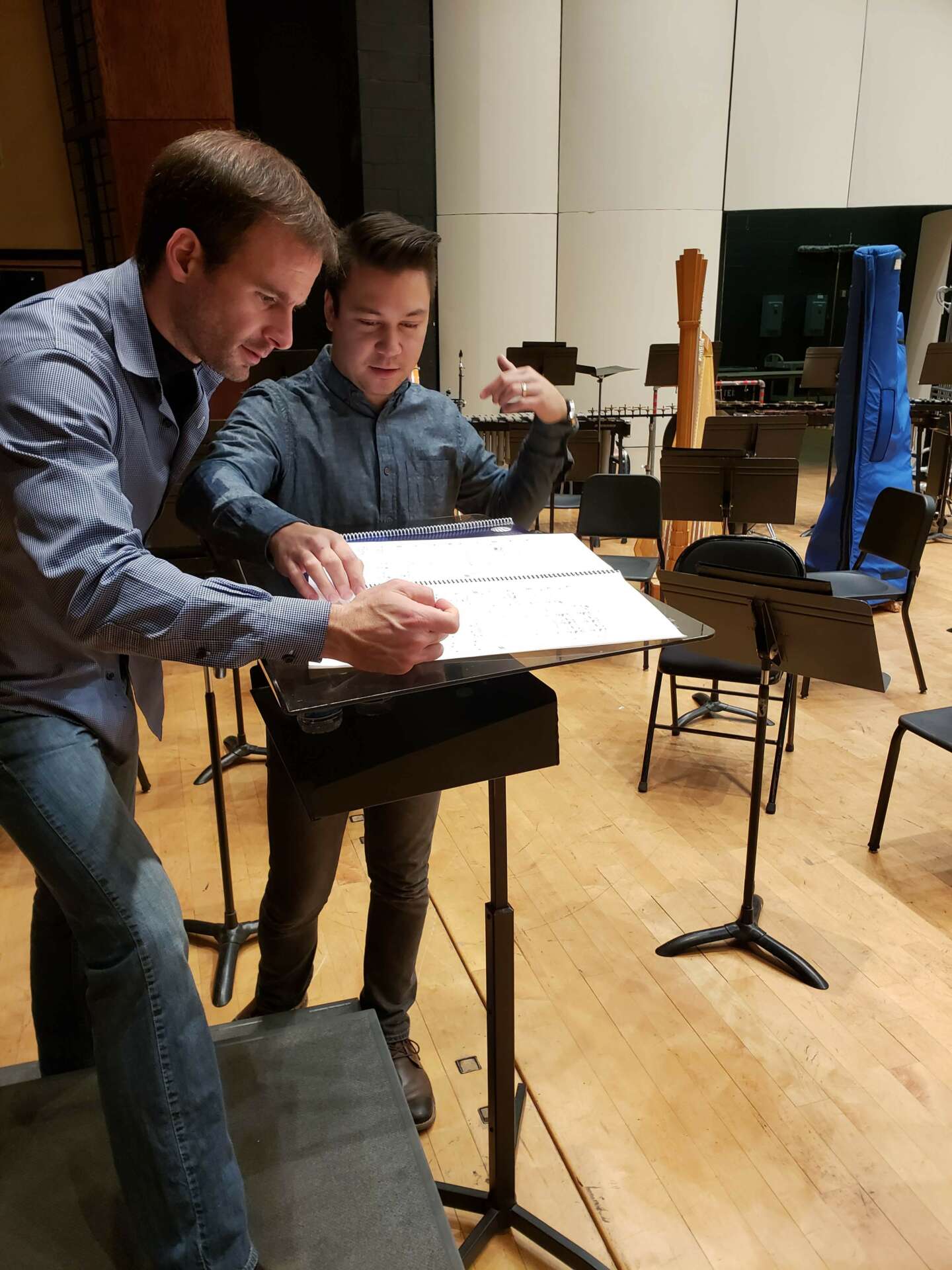
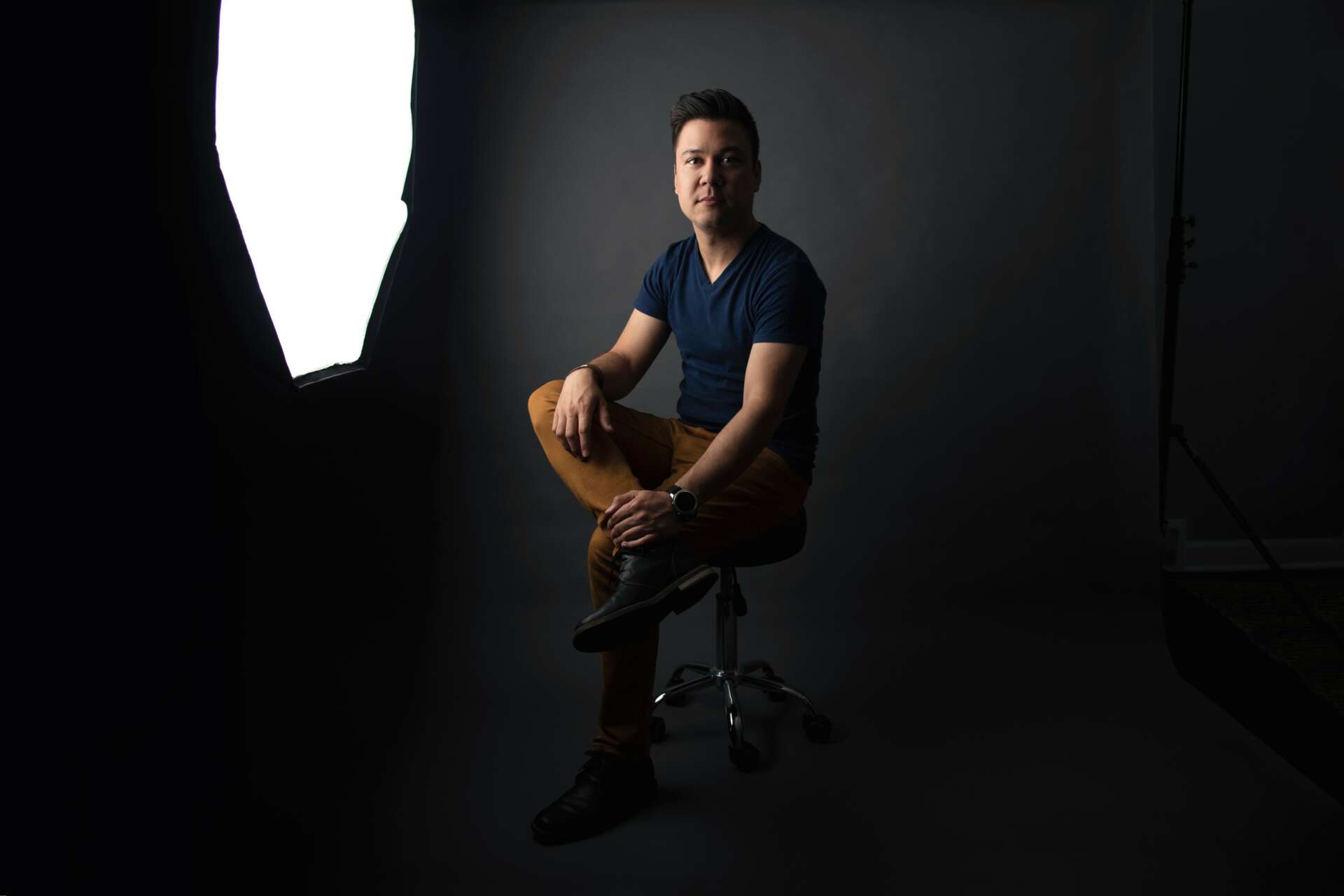
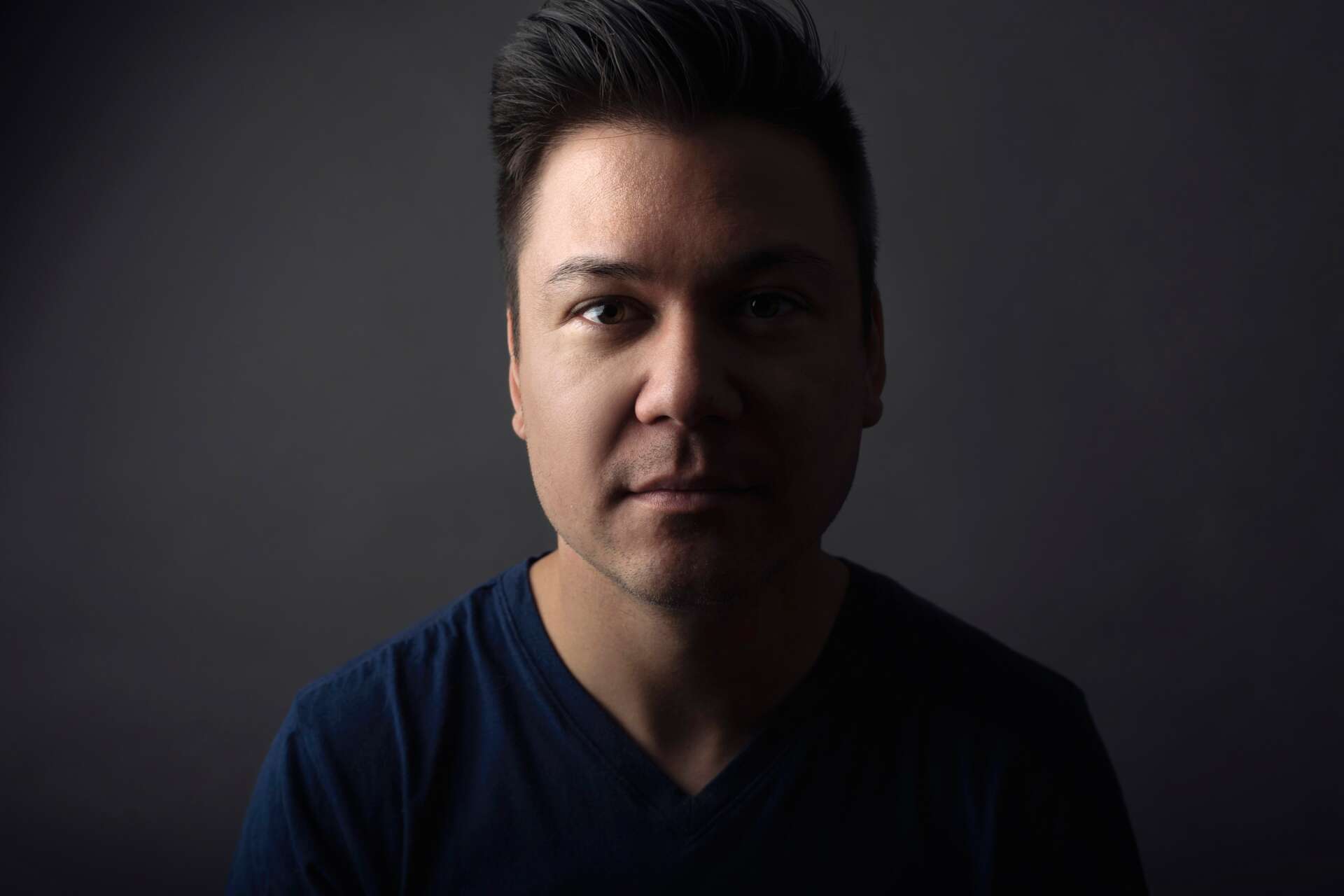
Can you tell us about a time you’ve had to pivot?
In 2020, at the onset of the COVID-19 pandemic, I was faced with major changes in my life personally and professionally. I was going through a divorce, was laid off from my full-time job, and was also dealing with the pandemic without the stability of work, as much of the arts was closed down.
As my life had been turned upside down, I took this as an opportunity to evaluate what have I enjoyed about the work that I am doing, and what would I like to do differently. While my city and the world was in lockdown, I spent time learning coding for video games, composing new works, and helping shape the plans for a new specialized opera festival in Chicago.
I decided that I no longer wanted to work full-time in a non-profit where I was unable to compose and also constantly pressured that there wouldn’t be enough money to accomplish goals. I took the leap to go freelance and lead my own career consulting and composing. My goal was that this new career path would allow me to be creative with my music while also supporting other artists in their work, building up the music community.
Contact Info:
- Website: https://www.timcorpus.net
- Instagram: https://www.instagram.com/timcorpus
- Twitter: https://www.twitter.com/timcorpus
- Youtube: https://www.youtube.com/timcorpus
Image Credits
Photos by Ashley Deran and Elliot Mandel


